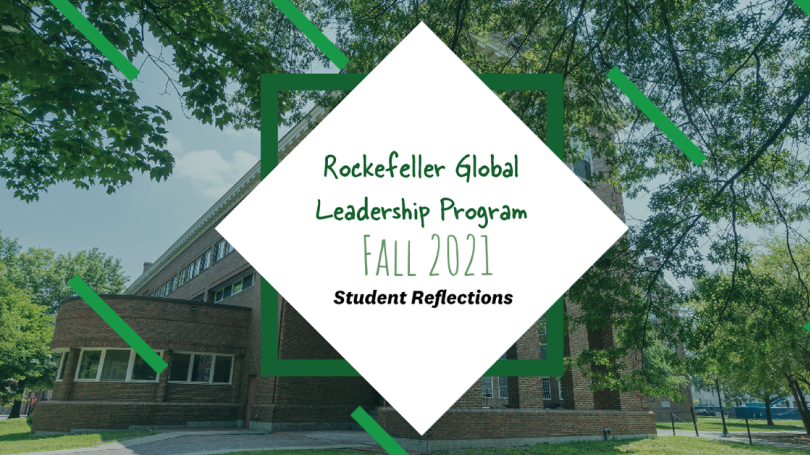
- Public Policy
- Leadership
- Funding
- News & Events
- About the Center
Back to Top Nav
Back to Top Nav
Back to Top Nav
Back to Top Nav
The most important tools for building a platform for dialogue across difference are seeking out information, cultivating an attitude of graciousness and humility, and acting to create an environment that helps people to feel heard and appreciated. Considerate focus on the other person, discerning the nature and needs of the circumstance, and responding attentively are essential elements of interacting adaptively to support difference.
First, it is necessary to pay attention to interactions with others in order to recognize differences. You can do this by listening actively, particularly by listening more than you speak. You can also observe how a person presents themself to others, such as in facial expressions, vocal inflection, and body language. Consider the ways in which people are unlike or like you and some possible reasons behind those differences or similarities.
Next, develop a respectful and curious attitude. Foster graciousness by regarding each individual as inherently and uniquely valuable. Cultivate humility by being aware of your strengths and weaknesses and being prepared to learn from the particular situation. For example, if an attempt at respectful communication is unsuccessful, you could accept that you might be frustrated or embarrassed, allow space in your experience not to be defensive, and learn to consider a different approach.
Finally, using the information you have gained and the attitude you have cultivated, create an environment that encourages dialogue across difference. Examine your own experiences of difference, interrogate your personal implicit biases, and try to reduce or eliminate the biases. Positively recognize an individual's uniqueness in an effort to affirm their identity as a distinctive human being. Speak with care, such as by using gender-inclusive language and titles, and by choosing language with sensitivity toward the conversation participants and the topic.
Cultural difference is ubiquitous, even when it is not immediately obvious. Being prepared with the skills to observe, reflect, and positively engage with difference makes it possible to foster dialogue across difference even in situations when it is unexpected.